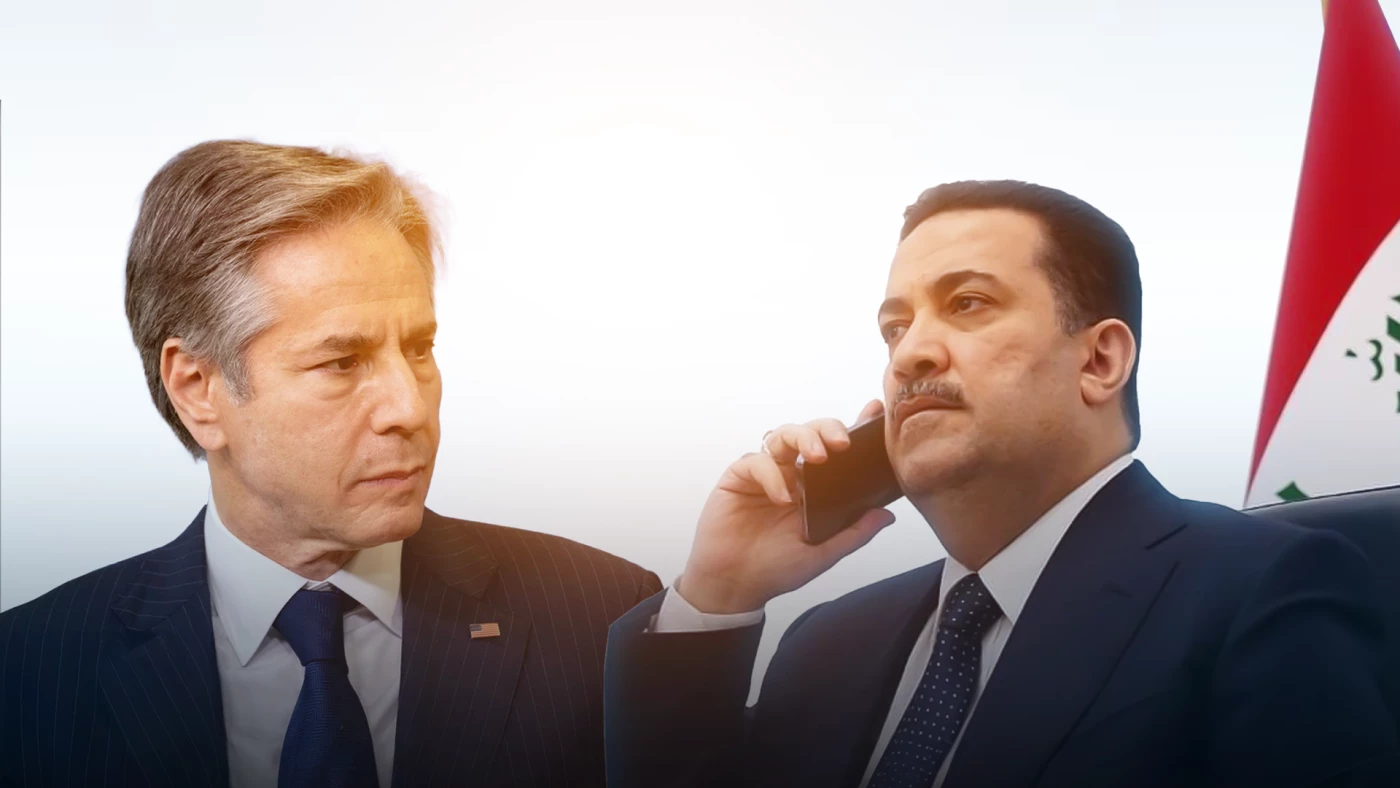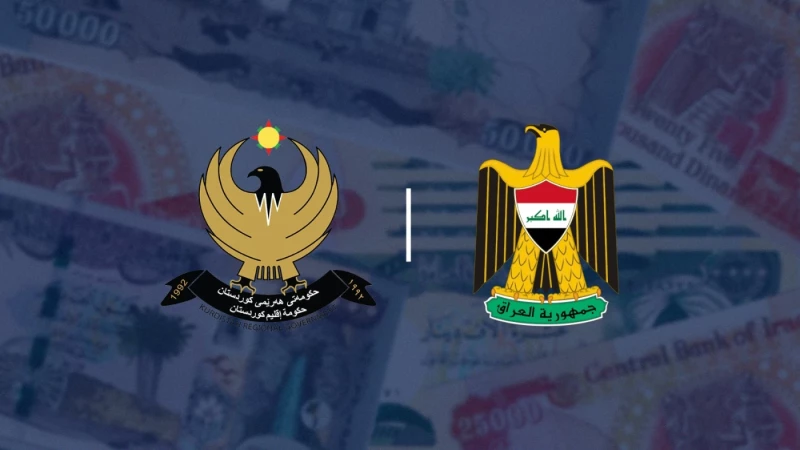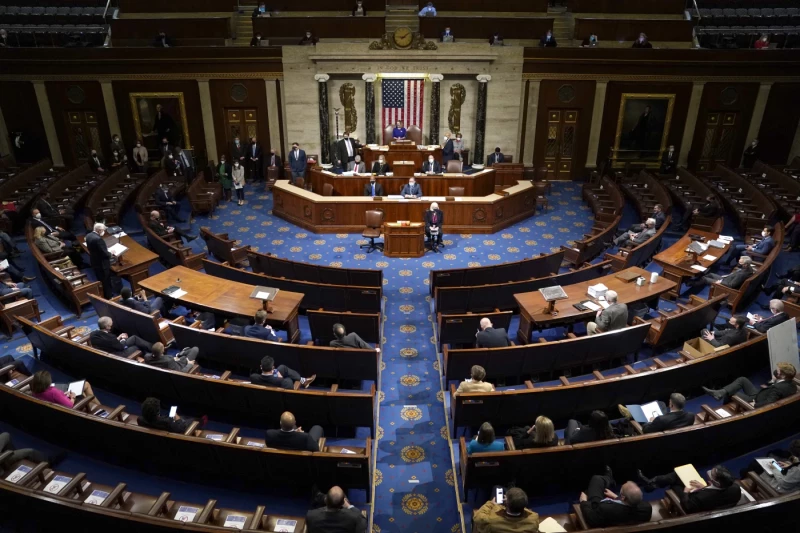Iraqi Prime Minister Mohammed Shia' al-Sudani and US Secretary of State Antony Blinken held a late-night phone call on Monday to discuss developments in the Middle East and efforts to bolster regional stability, according to statements from both governments.
During the call, PM Sudani reaffirmed Iraq’s commitment to addressing the root causes of instability, particularly the ongoing aggression against Gaza.
Sudani also emphasized the need to prevent violations of sovereignty in the region.
The PM reiterated Iraq's commitment to preventing any actions that could disrupt security or endanger the safety of Global Coalition military advisors stationed in Iraq, stressing the importance of continued communication to eventually conclude the Coalition’s mission in the country and transition to a bilateral security relationship aimed at enhancing stability.
In a statement released by the US Department of State, Principal Deputy Spokesperson Vedant Patel noted that Secretary Blinken emphasized Iraq’s responsibility to protect Coalition advisors from attacks by Iran-aligned militias.
Both leaders committed to ongoing consultation on regional issues and to advancing the US-Iraq relationship.
Iran-backed Iraqi armed factions have reportedly agreed to an undeclared truce with US forces, conditional upon the US refraining from attacking these groups or using Iraqi airspace for strikes against Iran.
This agreement comes in the wake of a deal brokered by Sudani with the US administration to end the mission of the US-led Global Coalition and schedule the withdrawal of US forces from Iraq between September 2024 and September 2026.
The truce was discussed by the leaders of Iraq’s ruling Coordination Framework, which includes many Shiite political and armed groups.
However, powerful factions like Kataib Hezbollah and the Hezbollah-al-Nujaba Movement were not part of these discussions, raising concerns about their commitment to the agreement.
A statement from the "Iraqi Resistance Coordination," dominated by Kataib Hezbollah, suggested conditional approval, emphasizing that no armed groups under its umbrella should be targeted by US forces, and Iraqi airspace should not be used for attacks against Iran.
Paramilitary sources told The New Region that Kataib Hezbollah has clearly stated that as long as US forces do not attack them, they will not engage in hostilities.
However, any US exploitation of Iraqi airspace for attacks on Iran could escalate tensions significantly.


 Facebook
Facebook
 LinkedIn
LinkedIn
 Telegram
Telegram
 X
X



